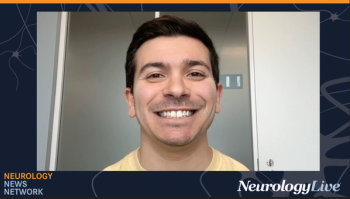
Early Life Matters in Very Late Life
Alzheimer disease is not an equal opportunity employer. Insights about early life stressors and economic disadvantage.
Alzheimer disease is not an equal opportunity employer. That is, a series of studies presented at the
We’ve invited Dr. Howard Fillit, Founding Executive Director and Chief Science Officer of the
Neurology Times: Dr. Fillit, what have you learned about risk factors for Alzheimer's disease that are not genetic?
Howard FillIt, MD:
It appears that there is a direct relationship between the environment, life-long events, and late-life onset of AD.
One of the most important lessons from these studies is that stressful early life events, such as the breakup of one’s family-can have a have a profound effect on whether a person will get AD in late life. Such stressful events are especially impactful in disadvantaged populations and in those living in disadvantaged neighborhoods.
It appears that there is a direct relationship between the environment, life-long events, and late-life onset of AD. Something that happens in childhood may actually affect the onset of AD when people are in their 70s, 80s, and even their 90s, as we’ve learned with these studies.
When we try to translate this sort of epidemiology into biology so we can develop therapeutics, for example, one of the most important linkages between the environment and life-long changes in our biology and late-life dementia probably relates to things like epigenetics and the onset of comorbid diseases, although in some studies reported at this conference, comorbid diseases were controlled for.
These studies point out interesting associations, they don’t prove causality. But in the biggest picture, we are learning that early life events can have a profound effect on our brains throughout life.
Regardless of your family history or genetic predisposition, there is encouraging evidence to suggest you can lower your risk of cognitive decline and dementia by following
Newsletter
Keep your finger on the pulse of neurology—subscribe to NeurologyLive for expert interviews, new data, and breakthrough treatment updates.










